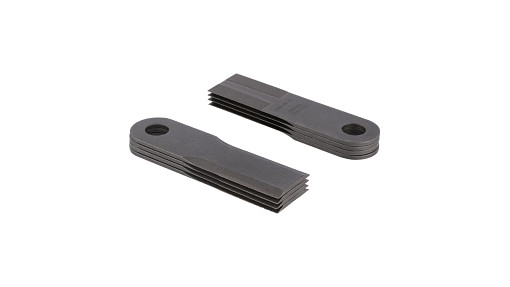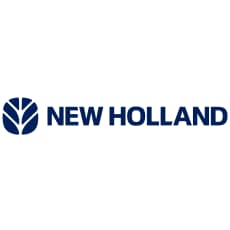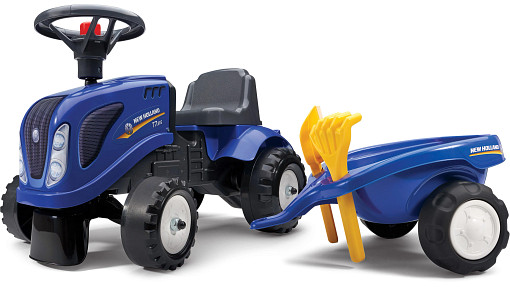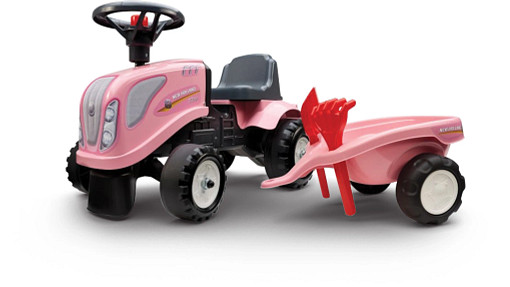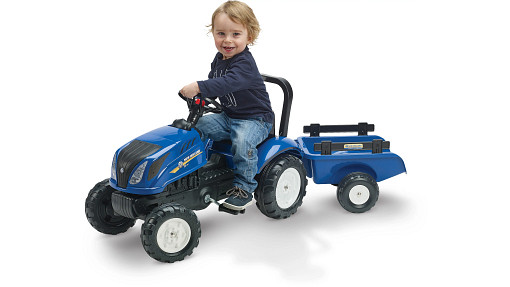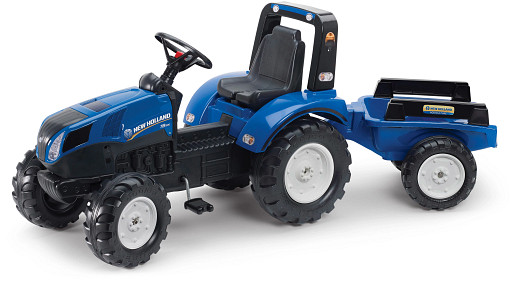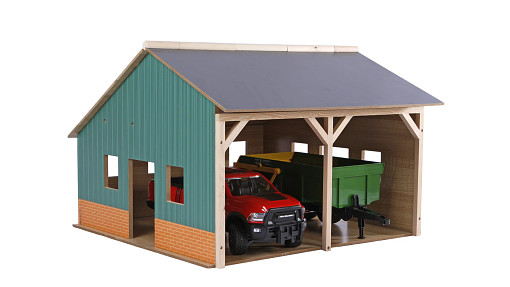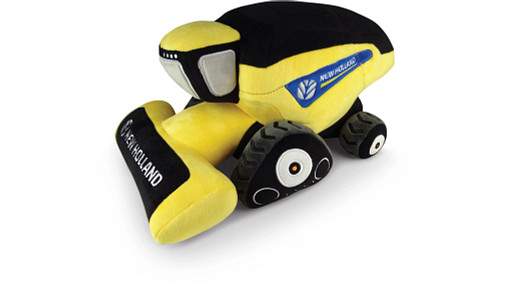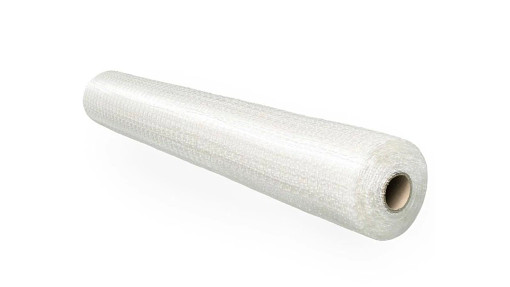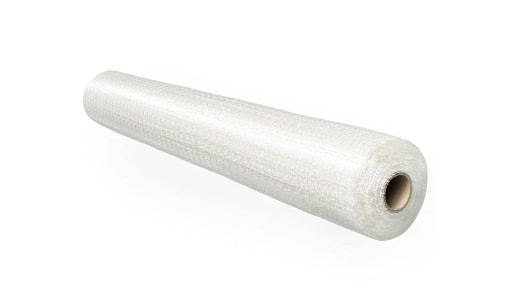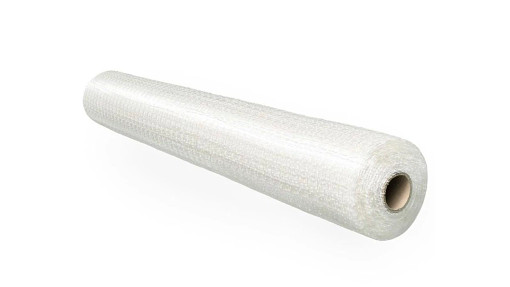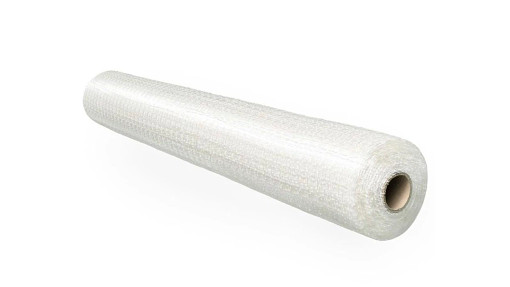Our Favorites:
Introducing Nature's Net Wrap: A sustainable solution to plastic waste.
COMBINE STRAW CHOPPER BLADES
The quality of your residue management depends a lot on the quality of your straw chopper blades. If they can't stand up to your crops, you won't get the results you want. At CNH Industrial, our engineers developed stringent specifications and tolerances to design the most reliable, highest performing blades around. Make genuine CNH Industrial straw chopper blades a trusted part of your residue management system.
Check for Worn Blades
Straw chopper blades won't last forever. Even the best blades get worn down under the tough conditions of today's high-speed farming. Check them regularly for signs of wear.
What do you gain from sharper blades? For one, they provide finer, more uniform residue. That's usually better for seeding because it helps your combine spread residue more evenly and with less clumping. Besides, worn blades consume more power, which drives up fuel consumption. So, with sharper knives, you'll cover more acres in less time, with less expense and with better results next season.
Enhanced Wear Prevention
Our straw chopper blades feature a laser-clad tungsten carbide additive that outperforms alternative wear coatings. Unlike other blades, which use mechanically bonded additives, our coating is metallurgically bonded to the base material. This makes it stronger and less prone to chipping. It also improves our blades' structural integrity by giving them little or no heat-affected zones. Competitor blades have large heat-affected zones, which softens the base material during use.
Other Features and Benefits
Straw chopper blades from CNH Industrial are manufactured from high carbon steel for added strength and durability. They're heat treated for longer service life and improved strength and meet optimal hardness ratings for high impact resistance. They also feature reversible, coined edges for better cutting on fixed bar assemblies. And our strict manufacturing and quality assurance standards include:
○ Raw material validation
○ Dimensional analysis
○ Destructive metallurgical examination
○ Stamped lot number traceability tagging







